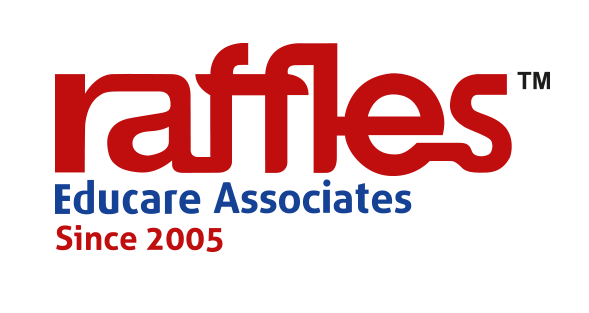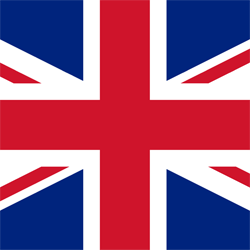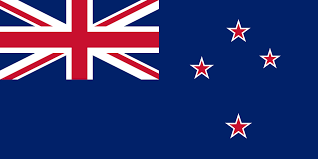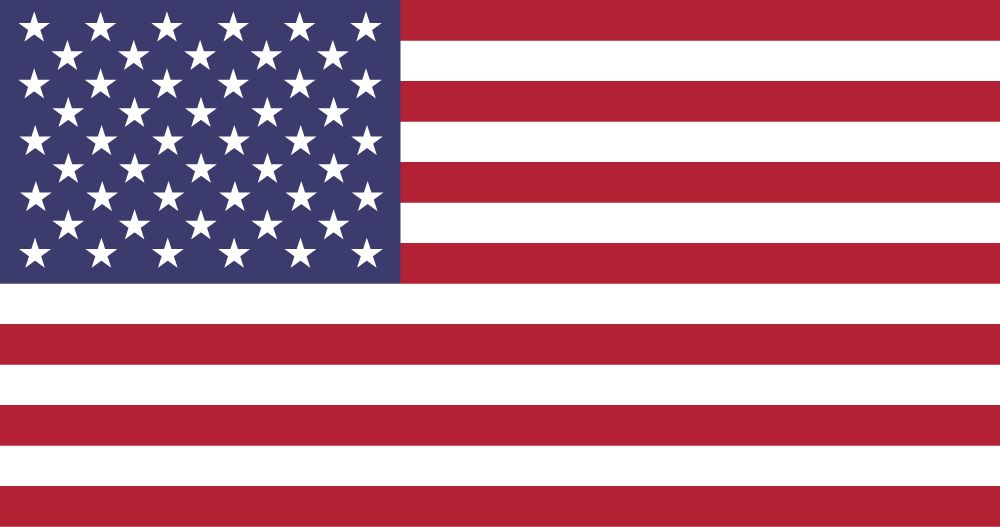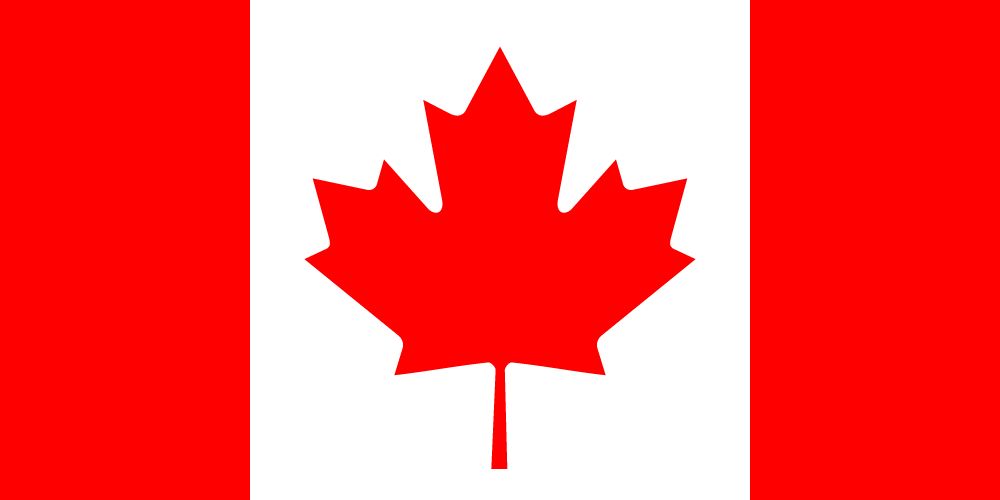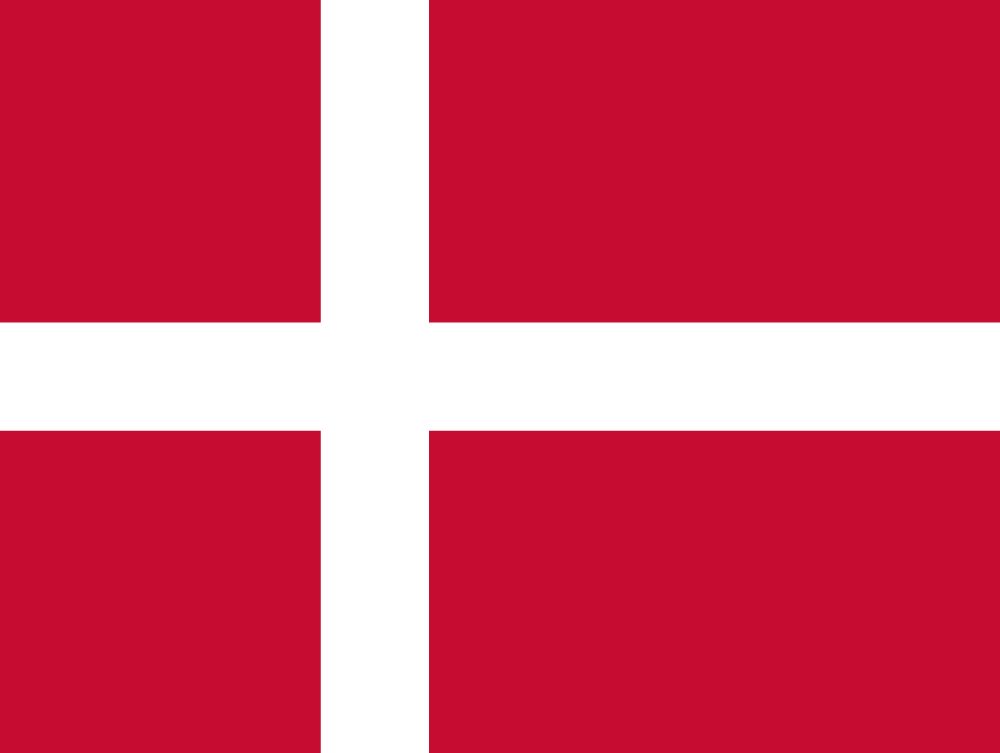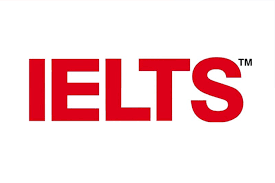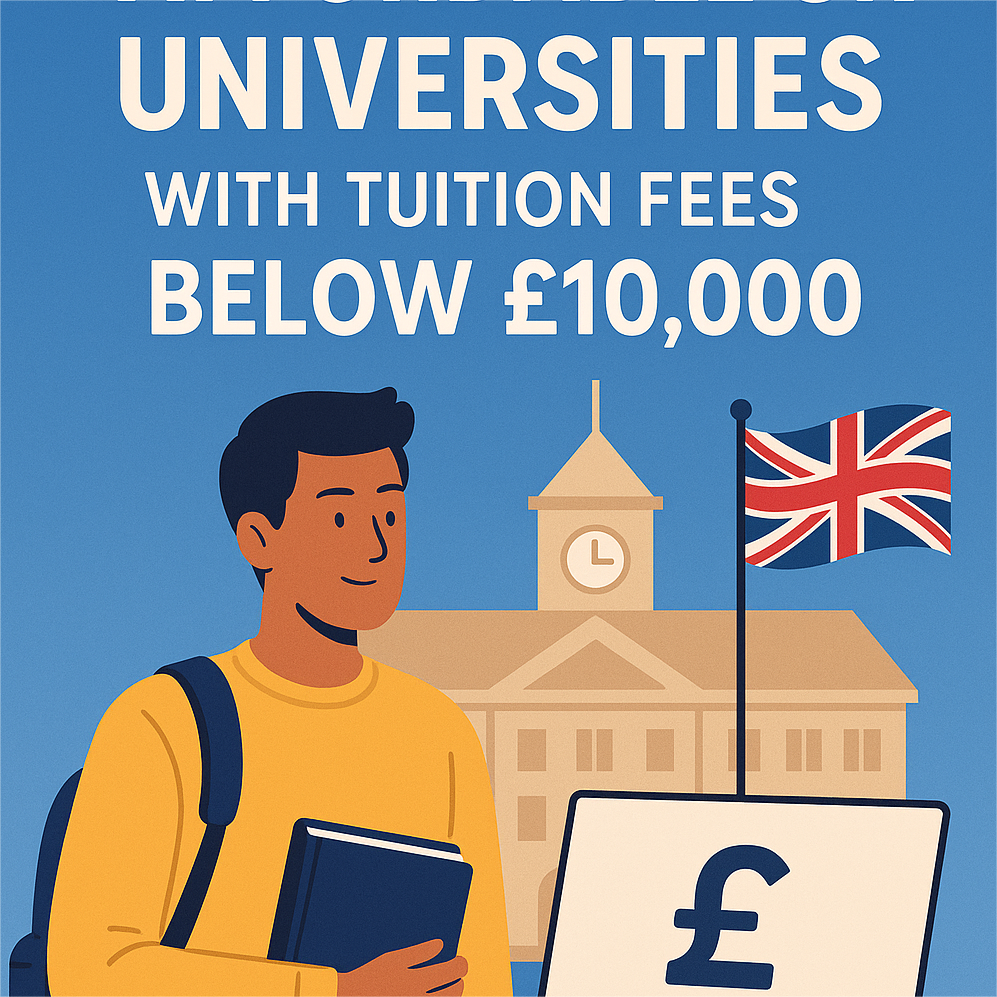Study in UK
Why Study in Uk
The UK hosts over 600,000 international students annually, offering globally recognized degrees, diverse student communities, and strong post-study work options.
Universities emphasize critical thinking, practical learning, and career readiness. With a rich academic history and modern teaching methods, the UK is an ideal destination for ambitious students aiming for global success in a competitive world.
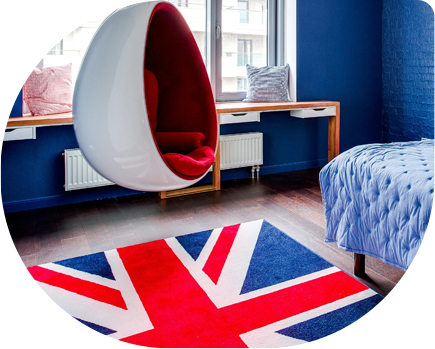
Frequently Asked Questions
The UK is home to 4 of the top 10 universities globally (QS Rankings 2024) and offers 1–2 year degree programs that save time and cost. With a Graduate Route visa, students can stay back for 2 years (3 for PhD) after study for work opportunities.
UK degrees are recognized by employers worldwide. The British education system ranks 2nd globally for graduate employability (QS 2023). Courses include practical training, internships, and real-world projects that enhance your CV and global career readiness.
Yes. The UK is considered one of the safest countries in Europe for international students, with strict laws and a welcoming environment. Most universities have dedicated international student offices and 24/7 campus security.
Yes. Many UK universities accept gaps of up to 5–10 years, especially if justified by work experience or certifications. Universities like Ulster, University of Sunderland, and Bedfordshire are gap-friendly with practical course options.
Top Universities and Courses
The UK is home to over 160 universities, including prestigious names like Oxford, Cambridge, and Ulster. Courses range from business and law to IT, health sciences, and creative arts. With flexible programs, industry tie-ups, and modern teaching approaches, UK universities ensure students graduate with skills that employers value worldwide.

Frequently Asked Questions
Affordable and career-focused universities like UEL, Coventry, BPP, Roehampton, and West London offer strong programs in Business, IT, and Health. These universities provide industry-relevant courses, practical training, and high employability, ideal for Nepali students seeking quality education with post-study work opportunities.
Yes. Most UK undergraduate and postgraduate courses do not require work experience. However, MBA programs may prefer 1–3 years of experience. For freshers, academic performance and a strong SOP can secure admission.
Choose based on: Career demand (e.g., AI, Nursing, Cybersecurity, Data Science) Personal interest Graduate salary data (STEM & Healthcare average £25k–£35k/year starting) Raffles counselors assess your background, goals, and market trends to help you decide.
Yes. Many UK universities accept gaps of up to 5–10 years, especially if justified by work experience or certifications. Universities like Ulster, University of Sunderland, and Bedfordshire are gap-friendly with practical course options.
About UK
To study in the UK, students typically need a minimum of 55–60% academic score, English proficiency (IELTS, PTE, or Duolingo), and sufficient financial documents. The process includes choosing the right course, applying, securing an offer letter, paying CAS deposit, and finally applying for a visa. Raffles simplifies this entire journey with proper guidance.
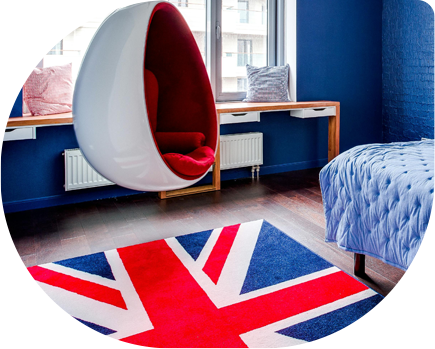
Frequently Asked Questions
Most UK universities require at least 55–60% in your previous education (e.g., 10+2 for undergrad, Bachelor’s for postgrad). Specific requirements vary by course and university.
Yes, many UK universities accept students with gaps or lower GPAs if you provide valid reasons or relevant work experience. Some universities offer foundation or pathway programs to help you qualify.
UK universities widely accept IELTS, PTE Academic, and Duolingo English Test scores. Minimum band requirements usually range from 5.5 to 7.0 depending on the course. How long does the full application and admission process usually take? Typically, it takes 8 to 12 weeks from application to visa approval. Early preparation and expert guidance can speed up the process and reduce delays.
About UK
Studying in the UK can cost £10,000–£20,000 annually for tuition, with average living expenses around £9,207 per year. However, many universities offer merit-based scholarships of up to 50%. With strategic planning and support from Raffles Educare, quality education in the UK becomes both affordable and achievable.

Frequently Asked Questions
You’ll need academic transcripts, English test results (IELTS, PTE, or Duolingo), a valid passport, reference letters, and a Statement of Purpose (SOP). Some courses require portfolios or CVs. Accurate, w
CAS (Confirmation of Acceptance for Studies) is a unique number given by your UK university once you accept the offer and pay a deposit. It’s mandatory for your student visa application and confirms your eligibility to study in the UK
A strong SOP clearly presents your academic background, career goals, and reasons for choosing your UK course and university. It should be honest, focused, and tailored to each application to impress admissions officers.
Yes, you can apply to multiple UK universities simultaneously, increasing your chances of acceptance. Managing applications carefully ensures each university’s criteria and deadlines are met.
About UK
The UK application process involves these steps: career counselling, university shortlisting, document collection, application submission, receiving offer letters, CAS issuance, and visa application. Each phase is important and time-sensitive. At Raffles Educare, we ensure every step is handled professionally, maximizing your chances of success and securing your spot at your dream university.

Frequently Asked Questions
You’ll need academic transcripts, English test results (IELTS, PTE, or Duolingo), a valid passport, reference letters, and a Statement of Purpose (SOP). Some courses require portfolios or CVs. Accurate, well-prepared documents increase your chances of admission and smooth processing.
CAS (Confirmation of Acceptance for Studies) is a unique number given by your UK university once you accept the offer and pay a deposit. It’s mandatory for your student visa application and confirms your eligibility to study in the UK.
A strong SOP clearly presents your academic background, career goals, and reasons for choosing your UK course and university. It should be honest, focused, and tailored to each application to impress admissions officers.
Yes, you can apply to multiple UK universities simultaneously, increasing your chances of acceptance. Managing applications carefully ensures each university’s criteria and deadlines are met.
About UK
Once in the UK, students must collect their BRP card, register with the university, open a local bank account, and settle into accommodation. Students are allowed part-time work of up to 20 hours/week. With Raffles' pre-departure briefings and support, you’ll feel confident, prepared, and fully ready for this new chapter.

Frequently Asked Questions
Register with your university, collect your Biometric Residence Permit (BRP) within 10 days, arrange accommodation if not done, and set up a local SIM and bank account. Early completion helps you settle smoothly and access campus services.
Yes, most student visas allow up to 20 hours per week during term and full-time during vacations. Part-time work helps gain experience and supplement living expenses but must not affect your studies.
You open a UK bank account by providing your passport, proof of address, and university acceptance letter. Your BRP card is collected from a designated post office within 10 days of arrival and serves as your visa proof.
Raffles provides pre-departure briefings, guidance on university registration, accommodation, part-time work rules, and ongoing assistance to ensure a smooth transition to your new life in the UK.
